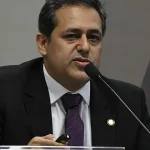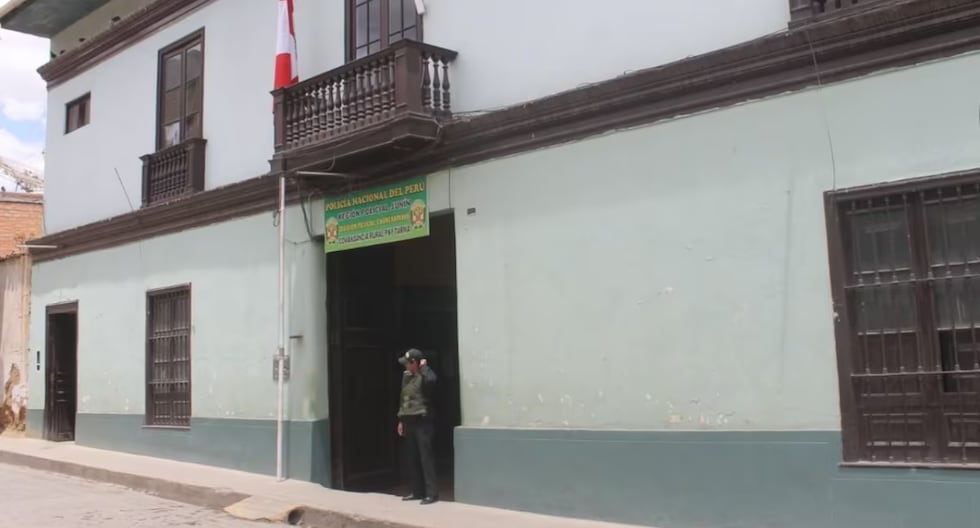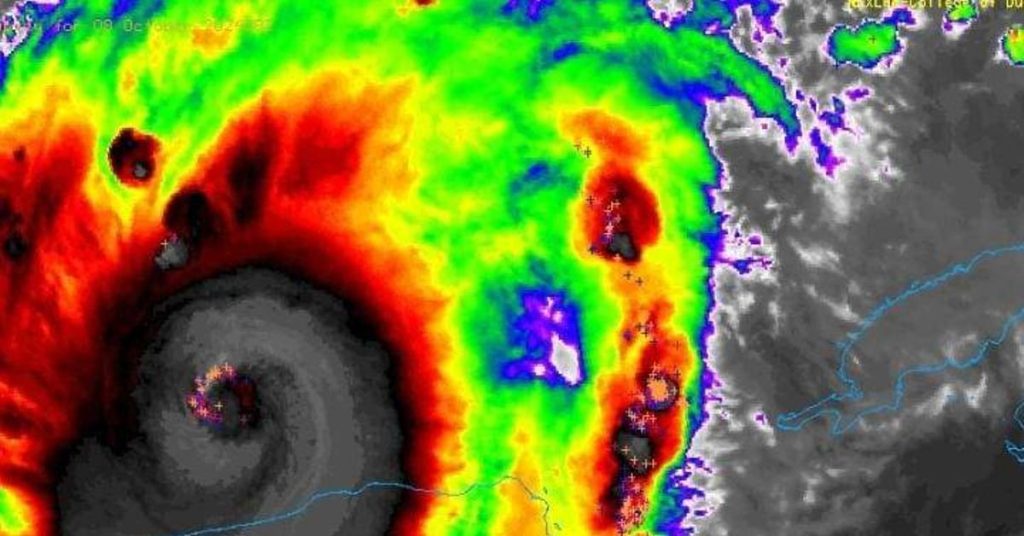Jessika Becerra
La Jornada Newspaper
Monday, October 7, 2024, p. 3
Ifigenia Martínez was not only a renowned economist, but a progressive statesman focused on achieving policies to combat poverty and inequality, her colleagues and collaborators said.
Your essay Some effects of the crisis on income distribution in Mexicopublished in 1989 by the Faculty of Economics of the National Autonomous University of Mexico (UNAM), and her collective works on democratic planning, are the contribution of a Keynesian economist, which meant achieving greater State intervention in the economy and collecting taxes progressive measures to the rich to lift people out of poverty, explained Julio Boltvinik, an expert on poverty issues and also a professor at El Colegio de México.
She was a pioneer of progressive thought, founded on an empirical economy supported by hard data.
declared the also columnist of The Daywho attended the meetings at Martínez’s house, when issues of inequality and poverty were discussed.
She related that she was director of the National School of Economics at UNAM and that in an article she demonstrated that capitalism was a system of injustice that generated poverty.
Martínez was the first Mexican to obtain a master’s degree and a doctorate in economics from Harvard University.
Previously, he had completed a degree in economics at UNAM. In 1950 she co-founded the Economic Commission for Latin America and the Caribbean, also working as a professor of public finance at the UNAM Faculty of Economics, of which she was director in 1949.
Among his most notable publications are Income distribution and economic development in Mexico, Mexico tax policy, Bases for economic and social planning in Mexico, Overpopulation and economic development and Tax incentives in the industrial development of Mexico. Publications that, combined with his academic work, were key in the training of several of the most prominent economists in the country.
Saúl Escobar Toledo, secretary of the Finance Commission of the Chamber of Deputies from 1994 to 1997, highlighted that Martínez considered that the stewardship of the State was a fundamental element for economic development and that it would have to occur on the basis of democratic planning.
At the same time, he maintained that tax reform was required to improve income distribution.
Escobar recalled that these issues were part of the parliamentary work they shared as legislators from 1994 to 1997, when incorporating proposals to repair the stewardship of the State, which was lost during the six-year terms of Carlos Salinas de Gortari and Ernesto Zedillo.
Raúl Carbajal Cortés, who as an advisor collaborated with Martínez in the preparation of the tax reform proposal at the beginning of 2000, highlighted that the economist proposed a sovereign agricultural policy that prevented national investment in the countryside from being abandoned at the end of José’s six-year term. Lopez Portillo.
The UNAM academic also maintained that Martínez was a statesman with a long-term and purposeful vision of the State, who said that to counteract neoliberal policies, a comprehensive policy was needed that considered the agricultural, energy, and income distribution sectors. technological change, to overcome lags and low growth.
For his part, Pablo Gómez explained that he was president of the Party of the Democratic Revolution (PRD) when Martínez was its general secretary and that she was an economist who did politics focused on fighting poverty.
She was always in favor of strengthening the public sector, of the economy, of not giving everything to the monopolies; He had a position against the strengthening of that monopolistic oligarchy. She placed herself on the side of the democratic and social State, she was part of that, as an economist and as a politician. When neoliberalism comes, she fights it
he pointed out.
















